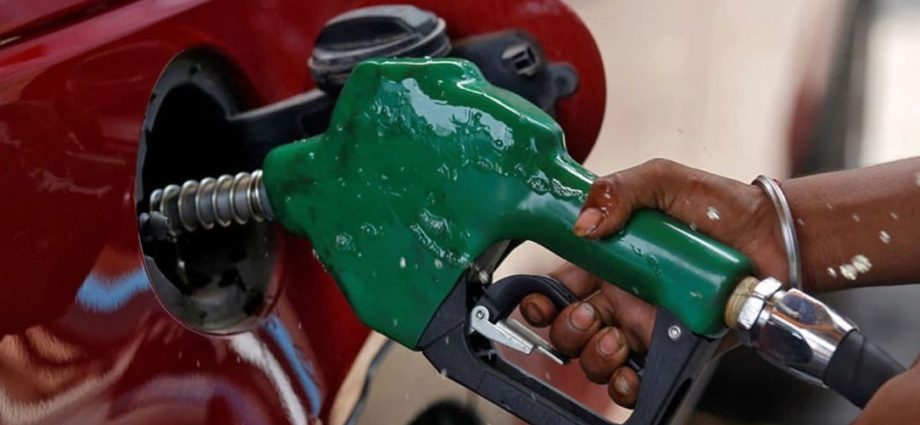President Félix Tshisekedi has praised a significant achievement by the Democratic Republic of Congo (DRC)’s Ministry of Economy, which succeeded in cutting fuel subsidy losses by an impressive 89%—a move hailed as a milestone in the country’s ongoing economic reform agenda.
In a formal letter of commendation, Anthony Nkinzo, Director of the President’s Office, lauded Deputy Prime Minister and Minister of Economy, Daniel Mukoko Samba, for the sweeping reforms that led to the dramatic reduction in financial shortfalls owed to petroleum product distributors.
“The rigor and transparency of the new methodology, combined with the sharp drop in subsidy losses between 2023 and 2024, reflect the effectiveness of the government’s efforts to stabilize the fuel sector,” Nkinzo noted.
According to data from the Ministry of Economy, compensation payments to fuel distributors plummeted from USD 281 million in 2023 to just USD 31 million in 2024. This substantial drop underscores a strategic shift in how the government manages its fuel subsidy program—a system long criticized for inefficiencies, inflated claims, and a lack of oversight.
By reforming the methods used to calculate distributor reimbursements, the Ministry has significantly reduced the fiscal strain on the national budget and strengthened transparency in public financial management. The reforms also aim to curb fraudulent practices and restore confidence in the state’s economic governance.
Economic analysts have welcomed the development, calling it a strong signal of the DRC’s commitment to fiscal responsibility and accountability. However, some caution that sustaining these gains will require ongoing vigilance, especially in the face of global oil price volatility and potential resistance from entrenched interests within the petroleum sector.
Still, the 89% reduction in subsidy losses represents a major step forward for the DRC. It reflects the government’s resolve to implement tough but necessary reforms that prioritize national development and financial sustainability.















